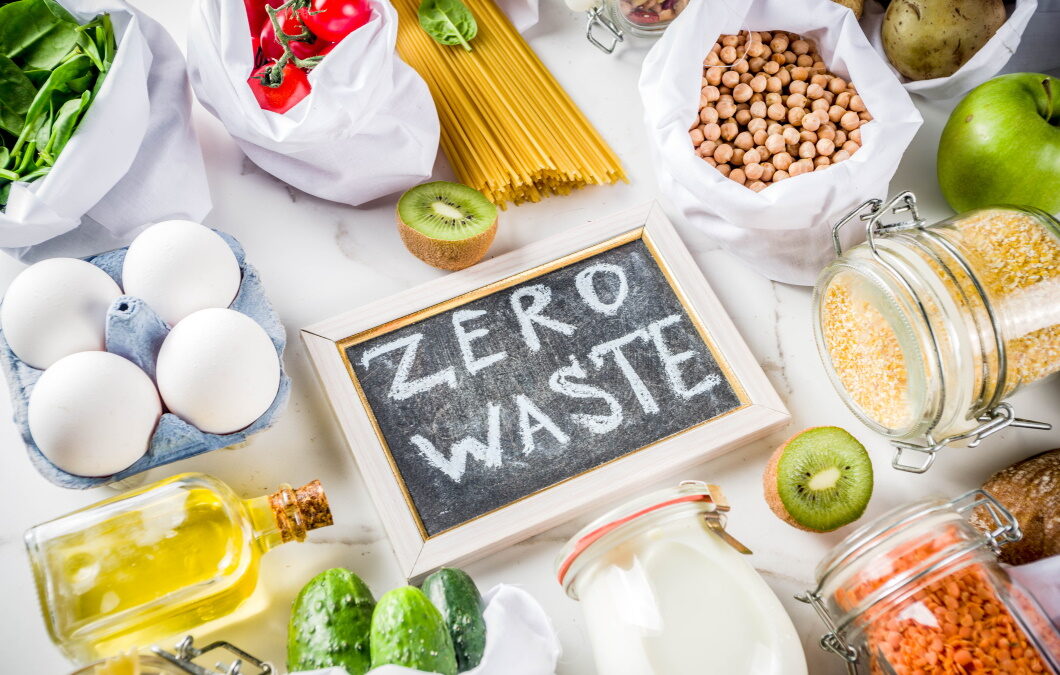One remarkable trend is the transformation of food waste residue into textile fibers.
With the textile industry being notorious for its environmental impact. This approach presents a promising avenue to reduce waste, conserve resources, and promote sustainable fashion.
Food waste is a significant global issue, contributing to environmental degradation and resource depletion. According to the United Nations, approximately one-third of all food produced globally is wasted, totaling around 1.3 billion tons per year.
Environmental Benefits and Sustainable Fashion
Waste Reduction: By repurposing food waste, we can divert significant amounts of organic material from landfills and reduce greenhouse gas emissions. This approach contributes to a circular economy model, where waste becomes a valuable resource.
Resource Conservation: Using food waste as a raw material reduces the need for traditional fiber sources like cotton or polyester, which require extensive land, water, and energy resources. By conserving these resources, we can minimize the environmental impact associated with textile production.
Biodegradability: Textiles produced from food waste fibers have the potential to be biodegradable, unlike many conventional synthetic fibers. This characteristic ensures that at the end of their life cycle, these textiles can break down naturally, reducing pollution and waste accumulation.
Versatility and Innovation: Food waste fibers offer a range of properties, such as strength, breathability, and moisture-wicking capabilities. This versatility allows for their application in various fashion and textile sectors.
We have some examples on our newest collection – W25, like soy protein, milk viscose, banana and pineapple.
Soon we will add mushroom, orange and mint viscoses too!

